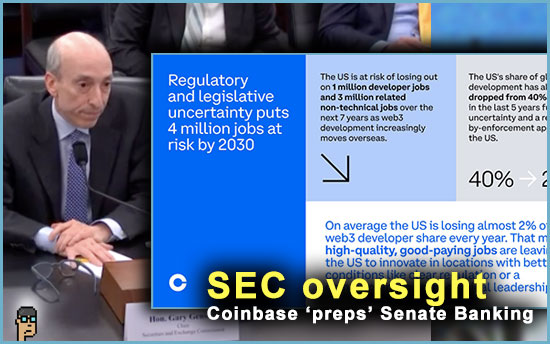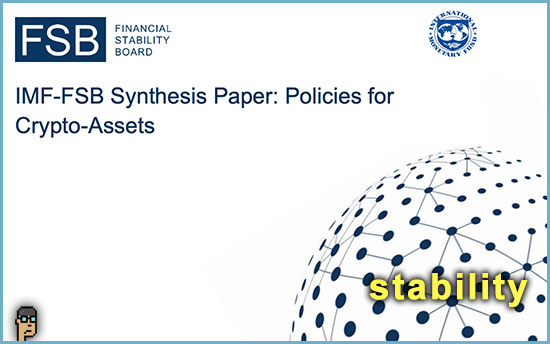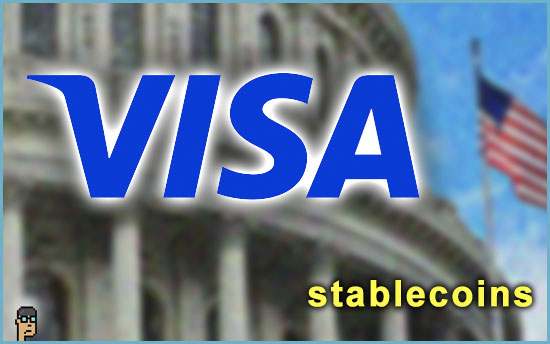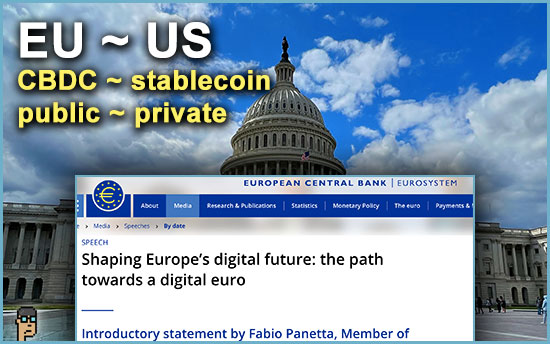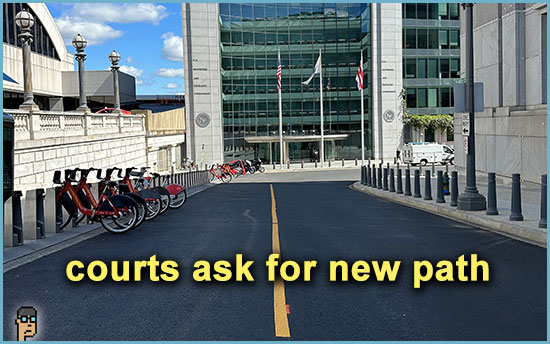SEC oversight today
Securities and Exchange Commission (SEC) Chair Gary Gensler will appear at an oversight hearing in front of the Senate Banking Committee today at 10 a.m. Video will be here.
In preparation, cryptocurrency platform company Coinbase – which has been charged by the SEC with operating an unregistered securities exchange – published a blog post critical of the SEC and its Chair titled, “Just the facts: A regulation by enforcement only approach is hurting American leadership, jobs, and innovation.” See it.
Coinbase makes the case that jurisdictions are rapidly developing crypto regulatory frameworks around the world including the G20 (which the U.S. is a part of), UK, UAE, Japan, Brazil, Hong Kong, Australia and Canada. Read more.
Late yesterday, Chair Gensler seemingly responded to the Coinbase hearing-pre-emptive strike with his prepared testimony for today’s hearing: “As I’ve previously said, without prejudging any one token, the vast majority of crypto tokens likely meet the investment contract test,” a refrain he has, indeed, previously said, but what token isn’t, and what token is a security remains a question that he and his agency has never answered. Read the Chair’s remarks (PDF).

